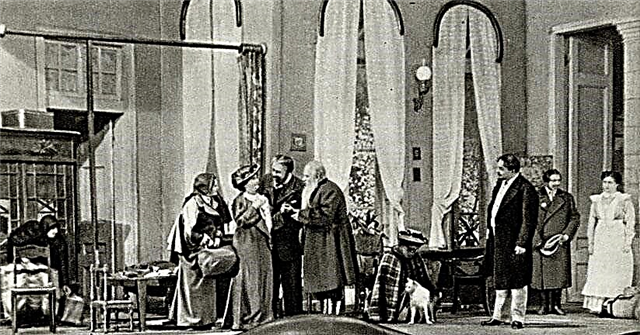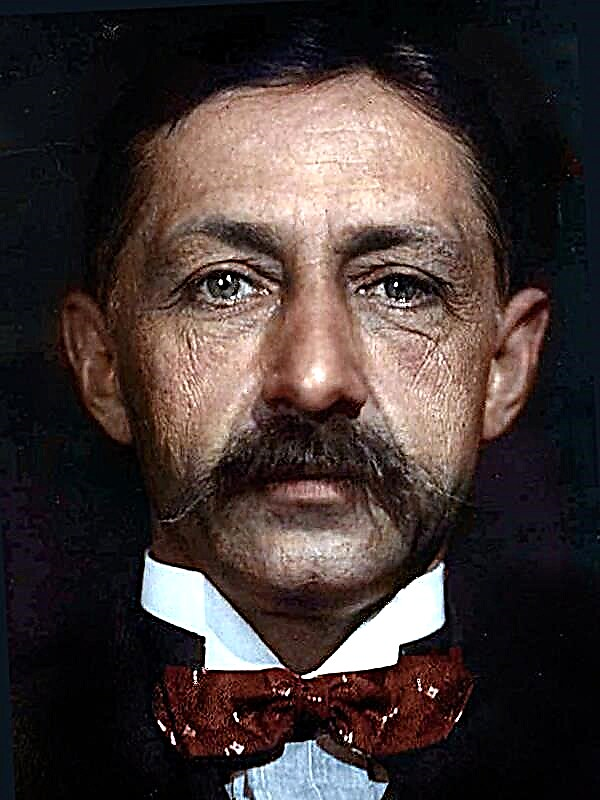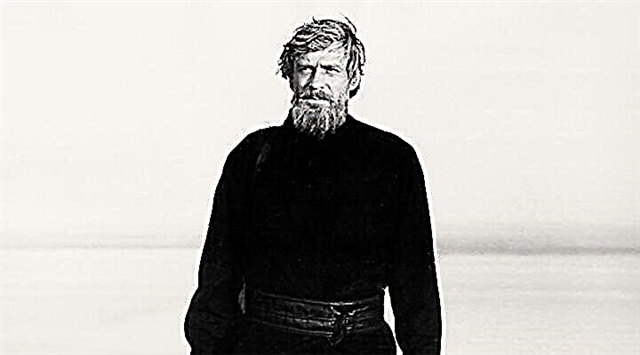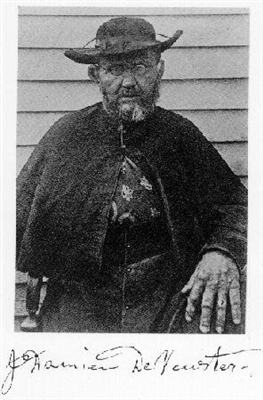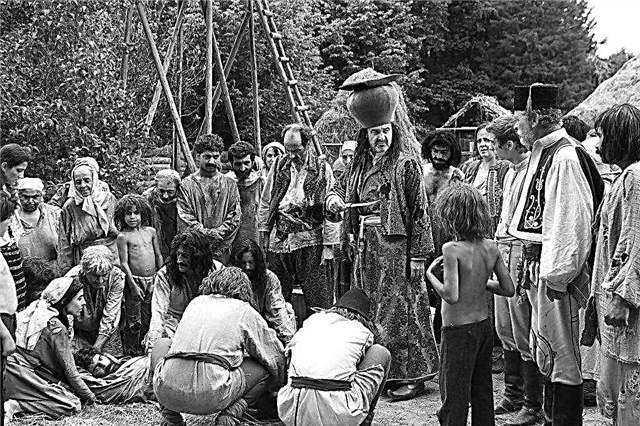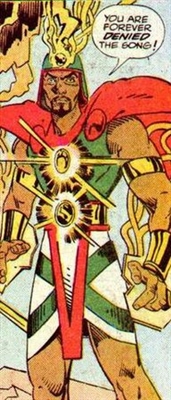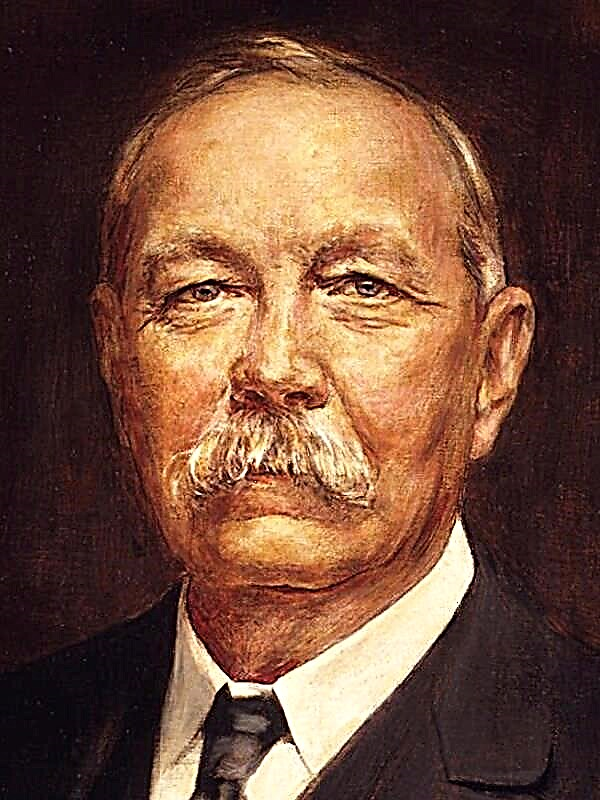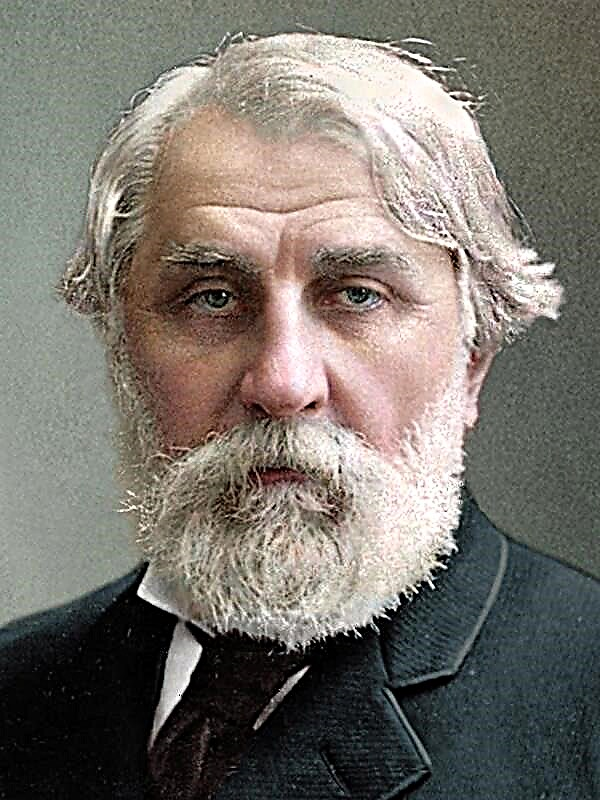(344 words) The image of a “little man” has developed in Russian literature as a collective image of a character from the lower layers of the social hierarchy who is unable to cope with the pressure of society, and, as a result, has led him to despair. This is the image that A. S. Pushkin (Station Warden), Dostoevsky (Crime and Punishment), N.V. Gogol (Overcoat) and many others. What is noteworthy, these heroes, although they are in an equally oppressed position, differ in character and in methods of counteraction. For example, Akaki Akakievich Bashmachkin, completely justifying his speaking surname, was finally crushed at the time of the abduction of his "precious" overcoat. Of all the humiliated and offended characters, he was perhaps the most passive.
Thanks to its triviality, the little man of Gogol is considered the classic archetype of this image. He is familiar to us from the series “Petersburg Tales”, in particular thanks to “The Overcoat” and “Notes of a Madman”. The story of Akaky Akakievich is presented to us almost like an autobiography: we become witnesses of his birth, we find out the place of his service, we find out how he will die. And, as we see, the hero’s life does not shine, he is stuck in his own small universe. “Leave me alone; why are you offending me?” - that’s all he can say in response to bullying. The new overcoat was seen by him as the only meaning of life. Thinking about her, "He became somehow more alive, even firmer in character." His death after a fatal robbery is the apotheosis of the insignificance of his whole life.
The hero of Notes of a Madman, titular adviser Aksenty Ivanovich Poprishchin, tells us a story that painfully resembles a second-rate novel of modernity: an ordinary office worker fell in love with the daughter of the department director, where he serves. Gogol's only assumption inherent in the entire cycle is fiction. Having overheard the dog talk of Fidelka and Medzhi, he learns about their alleged correspondence and takes possession of the papers of Fidelka, from which he will learn a lot. Newly acquired knowledge makes him the king of Spain, that is, drive him crazy.
Thus, three models of Gogol’s little man’s behavior can be distinguished: withdrawal from reality, withdrawal into oneself and rebellion, although the latter manifests itself less than other classics. His little man is closed, not confident in himself and not adapted to life in society. At first, he was presented to us as a victim of circumstances, but, reading his story, we understand that he is the one responsible for all his troubles, which makes him really small.


